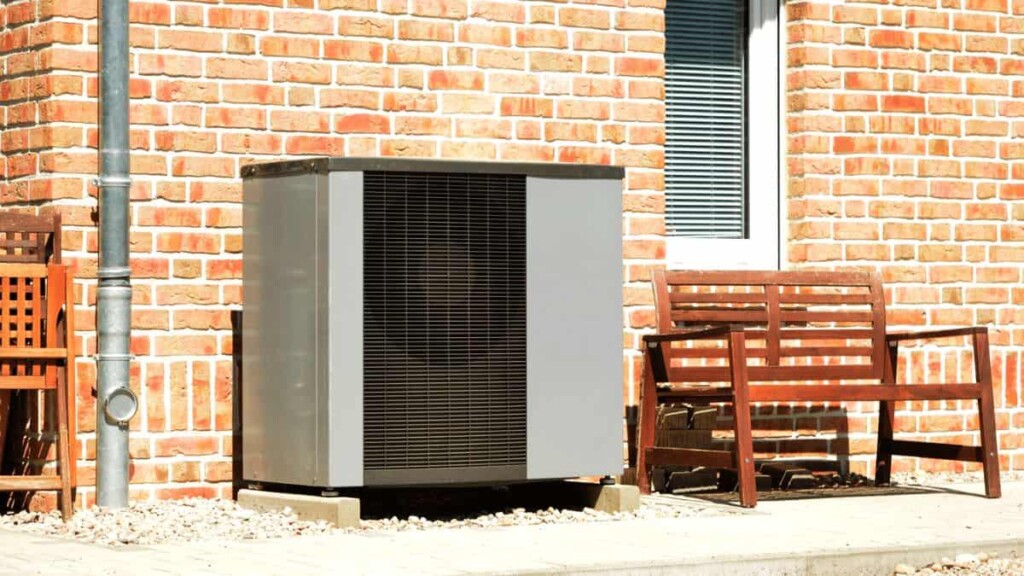
Things to consider when having a heat pump installed
Announced in the 2021 Heat and Buildings Strategy, the UK Government has defined a plan to incentivise people to install low-carbon heating systems and encourage them to replace old boilers in their homes with the help of a £5,000 grant. This incentive will support the Government’s target for all new heating systems installed in UK homes by 2035, to be using low carbon technologies (such as electric heat pumps) but it will also encourage homeowners to make the switch sooner and therefore contribute towards a cleaner and greener, decarbonised future.
But whilst we’re all talking about heat pumps as an option for our homes, it’s important to think about what other considerations do you need to take into account when selecting a heat pump for your home?
Insulation
An initial consideration is your home’s current insulation. Heat pumps work at their optimum when used with lower flow temperatures than you’re used to, so it is key to ensure you have a well-insulated home with double or triple glazed windows and doors, a minimum of 300mm of loft insulation and cavity wall insulation of you have a home built after the 1930s, or external wall insulation if your property is pre-1935.
Room heating
The choice of heat emitters, such as radiators or underfloor heating, is next to consider. Your heating engineer should provide you with a full heat-loss calculation for your property which shows the heat requirements for each individual room. If you’re refurbishing your property, it is a good idea to consider underfloor heating in downstairs areas which will provide a gentle, consistent heat that allows your heat pump to operate efficiently, whilst then using radiators in upstairs rooms.
If you’re replacing a gas boiler, consideration should also be made to the heating system pipework. If your property was built in the 1990s then you may have microbore pipework which might not be suitable for the new heat pump. This pipework should be replaced with larger bore pipework to allow the correct flow rate for the heat pump to operate at its peak efficiency.
In terms of radiators, heat pumps will often work with your current radiators if they are fairly modern. Radiators are often oversized for the room however, if fitting new radiators, consider low water content, triple convectors, or fan-assisted radiators for the most efficient system. It’s worth noting that radiator temperatures will not be the same as when heated using your existing gas boiler however, this is normal, and you will soon get used to the feel of cooler surfaces.
Hot water
Another key consideration should be given to your hot water provision. All heat pumps require a hot water cylinder for the production of hot water. Conventional heat pump tanks use a coil to transfer heat from the heat pump to the water. To achieve efficient heat transfer, a large surface area coil is required which usually spans the height of the cylinder, resulting in very large cylinder sizes.
You may wish to choose a smart hot water cylinder such as our Mixergy smart hot water cylinder which only heats the amount of hot water you require and are also 40% smaller than standard heat pump cylinders. Mixergy cylinders deliver the same volume of hot water as a conventional heat pump cylinder but save valuable space within the property and have a more efficient heat transfer, which can improve the efficiency of your heat pump by up to 10%. Our smart hot water cylinders can be used with other low carbon products such as solar PV which will allow the free energy from the sun to heat the water directly and provide further carbon and energy savings.
When choosing the right heat pump system for your home, it is key that you consider the insulation (building fabric) first, the heat emitters and pipework, and a hot water cylinder solution before you choose a heat pump unit.
Each one of these elements, when correctly selected for your needs, will ensure your heat pump will perform at its utmost performance and provide you with the correct temperature at the lowest running costs.
Contact us with us to discuss the benefits of including a Mixergy smart hot water cylinder before considering a heat pump. We will be happy to help and advise you of your options.

